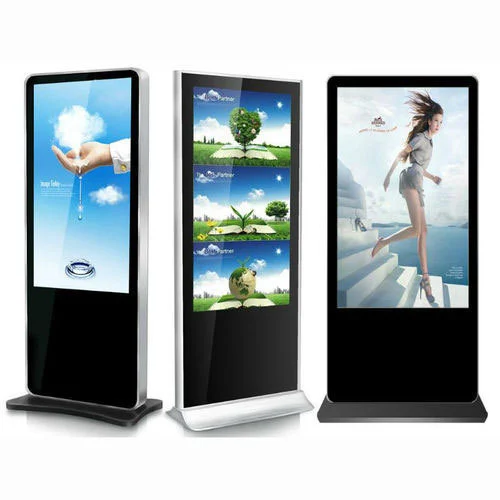Smarter way to display
Digital Signage: Transforming Communication in the Digital Age
In today’s fast-paced, information-driven world, capturing audience attention is more challenging than ever. Traditional static signs often fall short in delivering dynamic and engaging messages. That’s where digital signage steps in—a powerful communication tool that leverages digital displays to deliver multimedia content in real time. From retail stores and corporate lobbies to airports and educational institutions, digital signage is revolutionizing how businesses and organizations interact with their audiences.


Content that captures attention
What is Digital Signage?
Digital signage refers to the use of digital displays—such as LED, LCD, or projection screens—to present information, advertisements, and other content. These displays are usually connected to a central content management system (CMS), allowing users to update and control messages remotely.
- Advertising and promotions
- Wayfinding and navigation
- Internal communications
- Real-time data display
- Interactive experiences
Diverse devices for every need
Core Components of a Digital Signage System

Display Screens
These are the visual elements that showcase the content. Depending on the environment, businesses can choose from LCD monitors, LED walls, touchscreens, or projection systems.

Media Player
This device connects the display to the content management system. It stores and plays content, ensuring smooth delivery and transitions.

Content Management System (CMS)
The CMS is the software that allows users to create, schedule, and manage digital signage content. A good CMS supports various media formats, real-time updates, and remote access.

Network Connectivity
Digital signage systems typically rely on internet or intranet connectivity for real-time updates and monitoring. Some setups also use local storage for offline playback. Benefits of Digital Signage